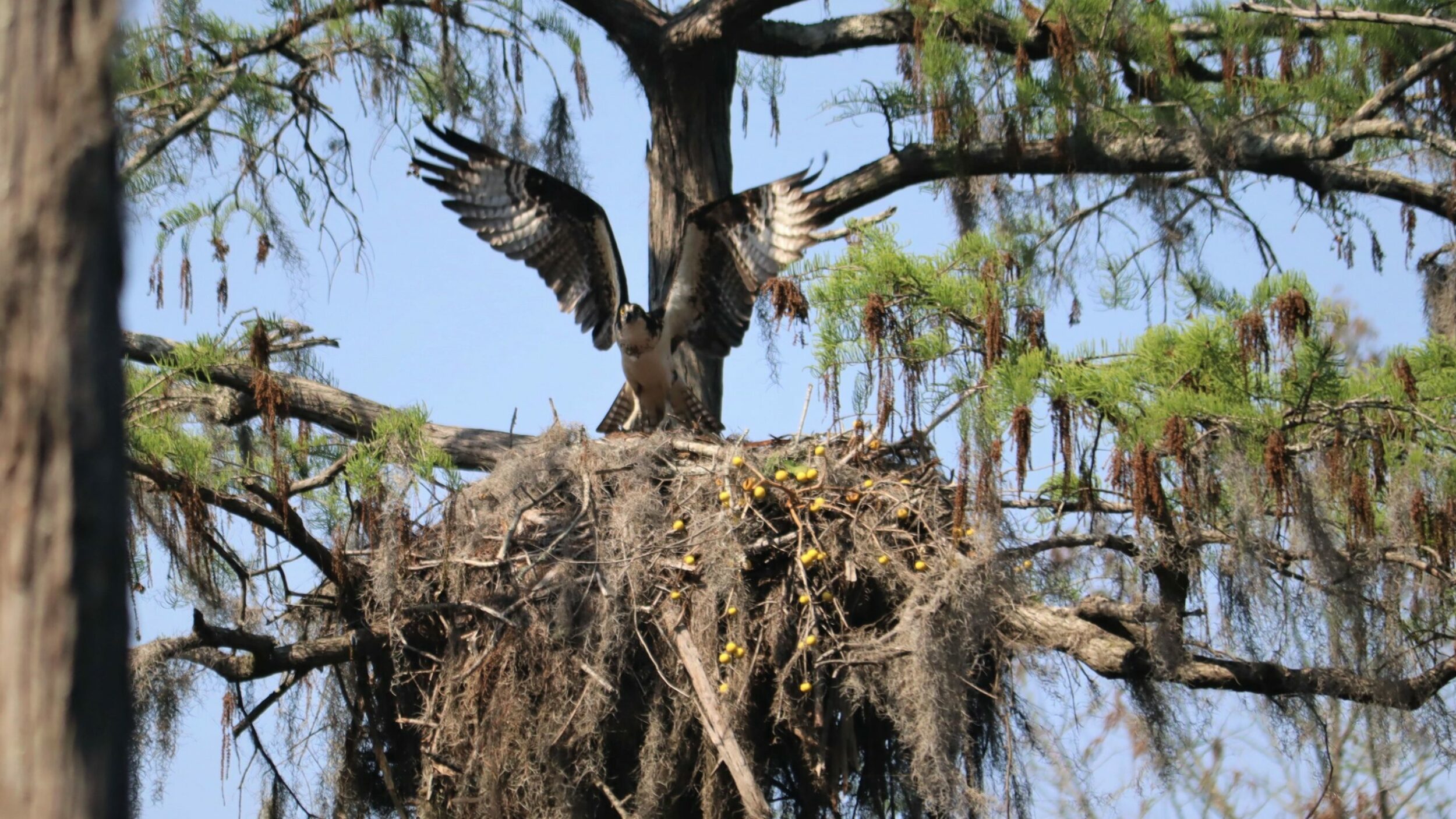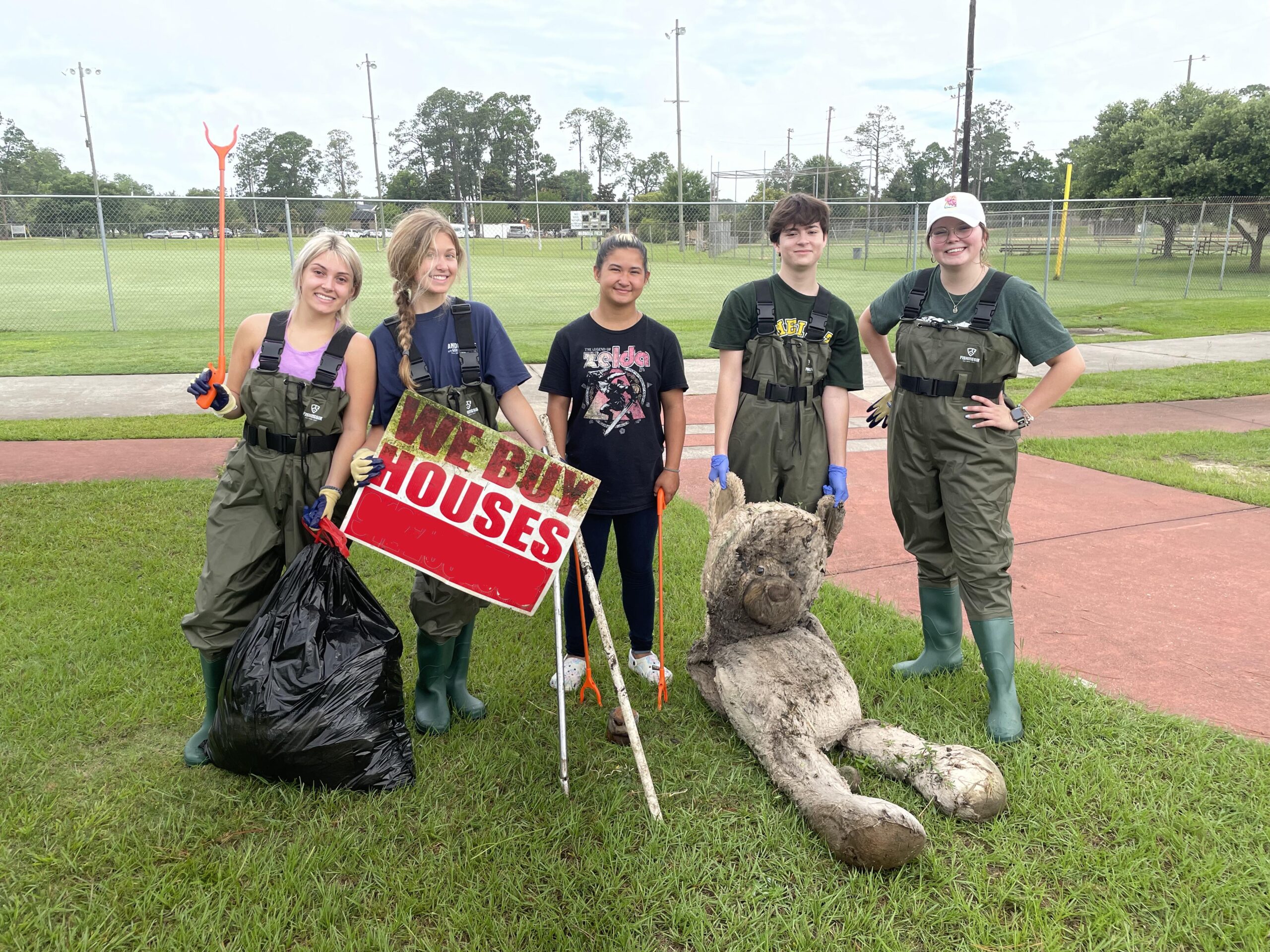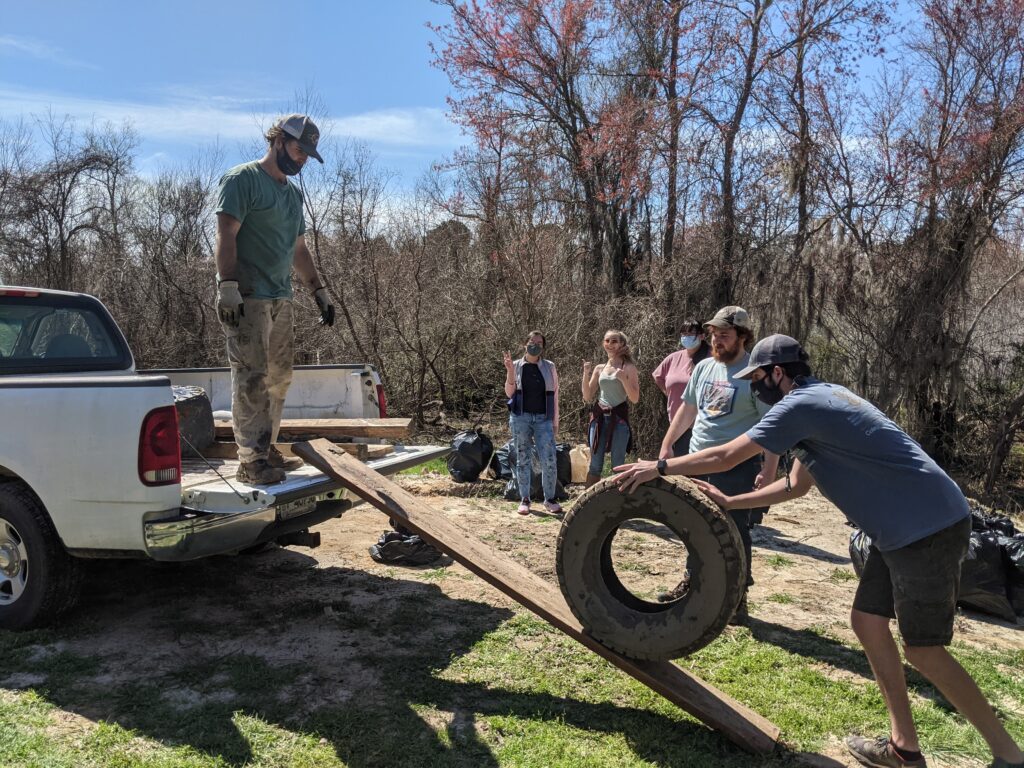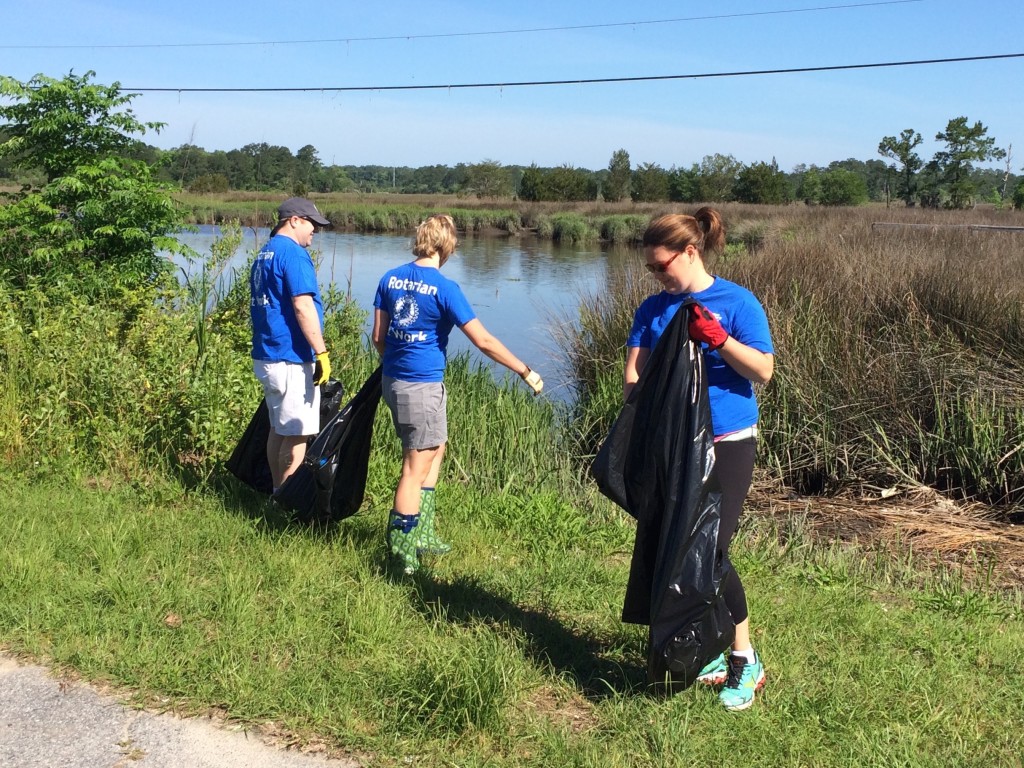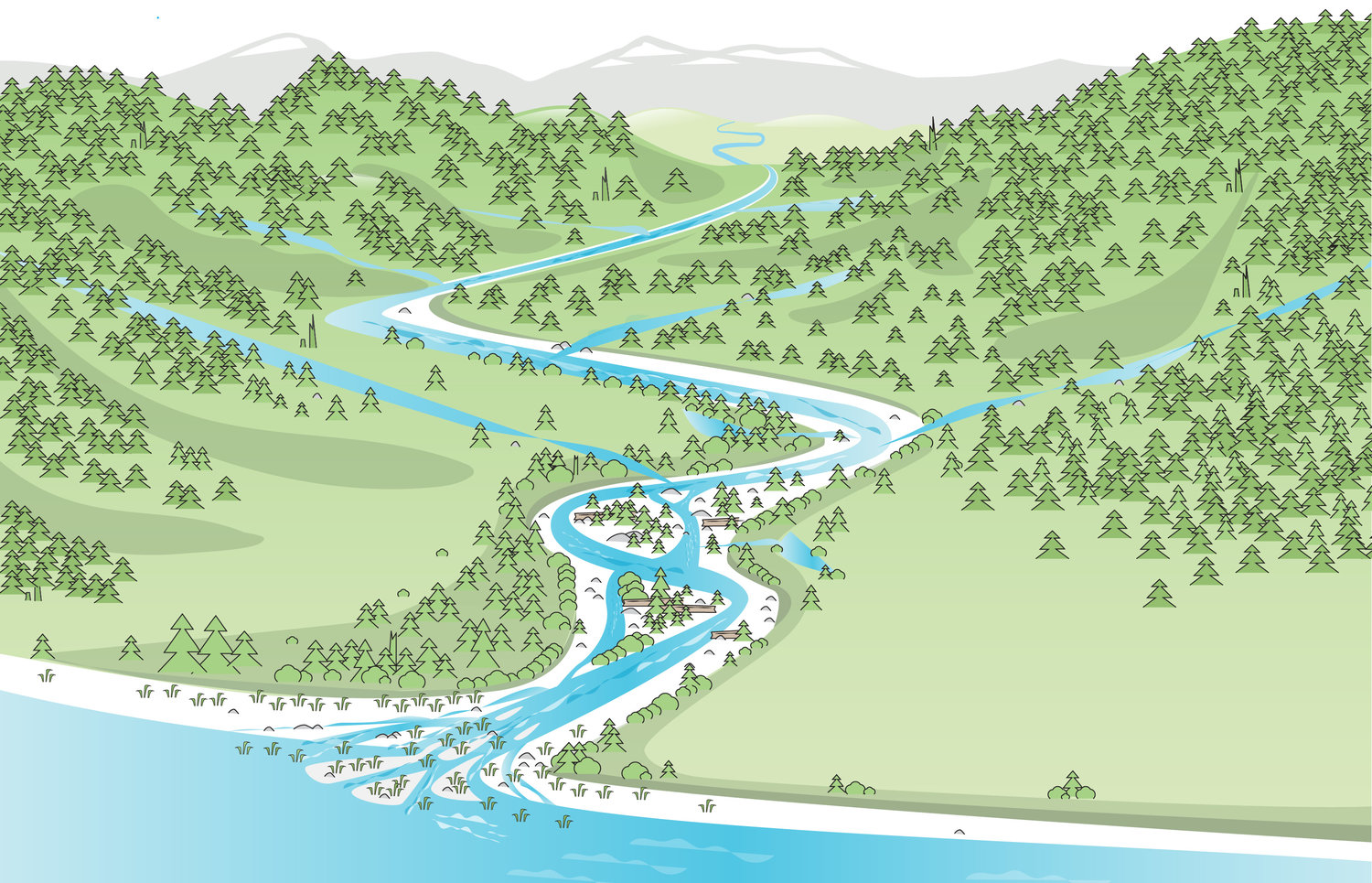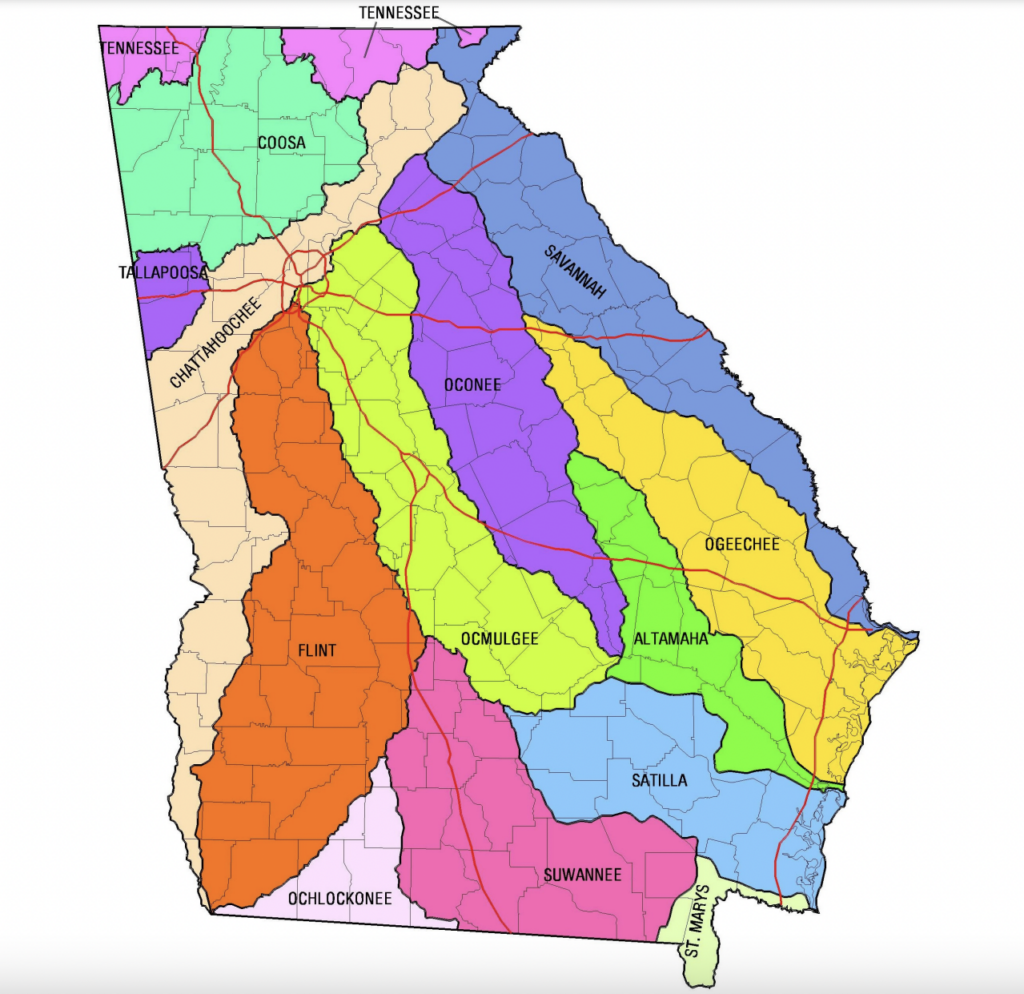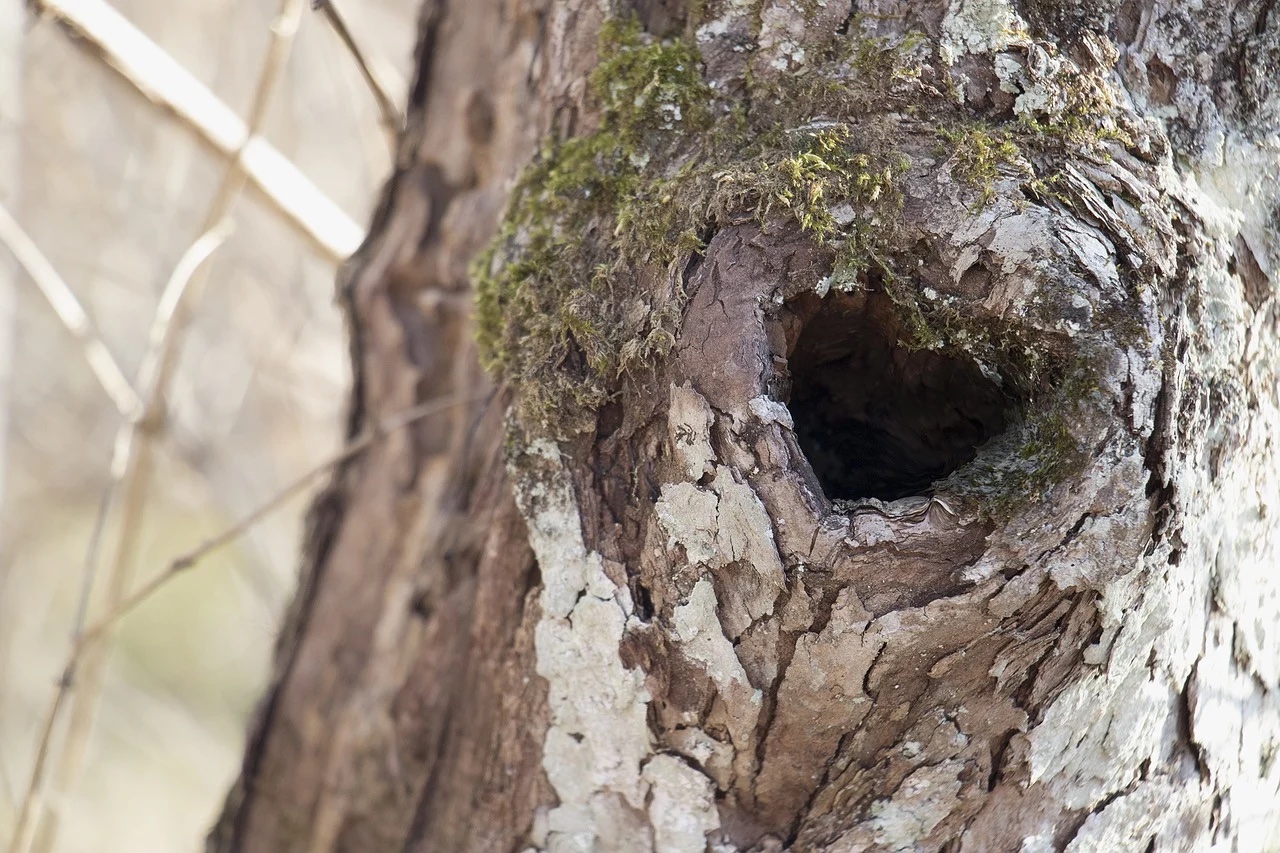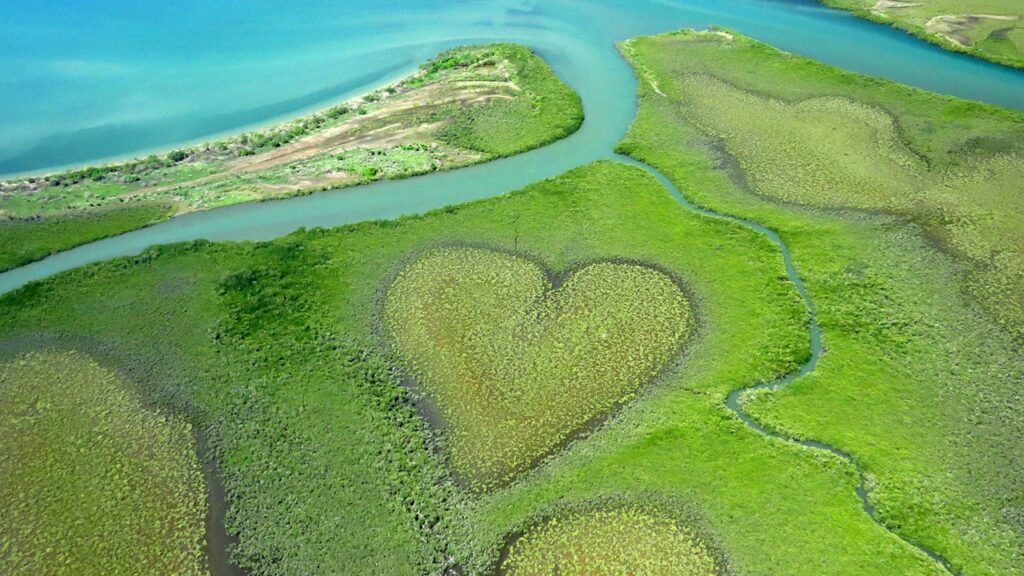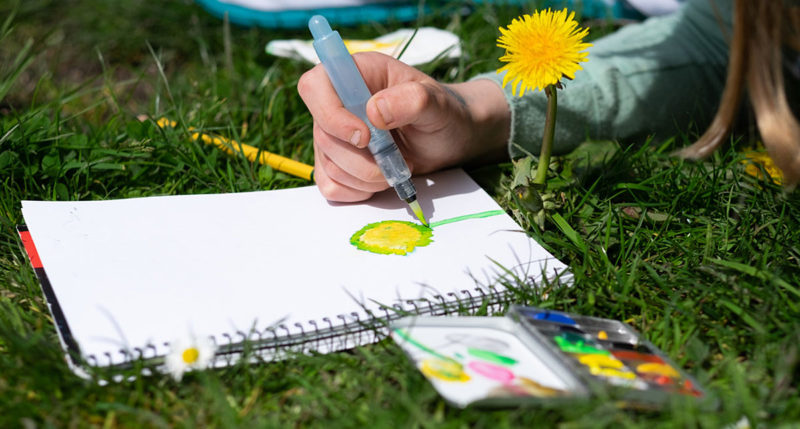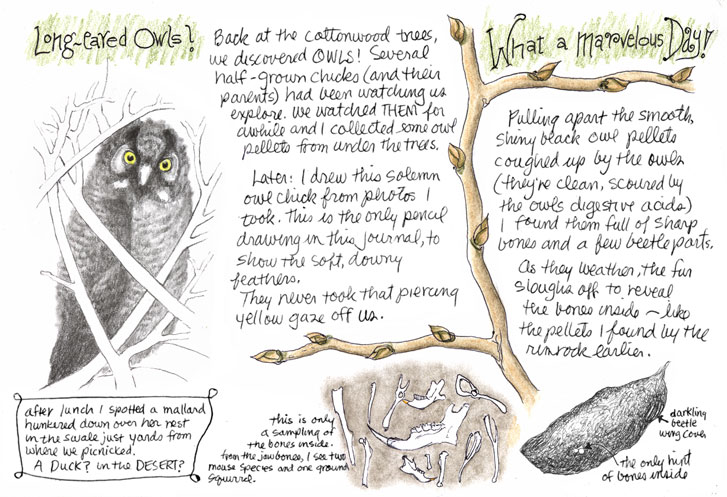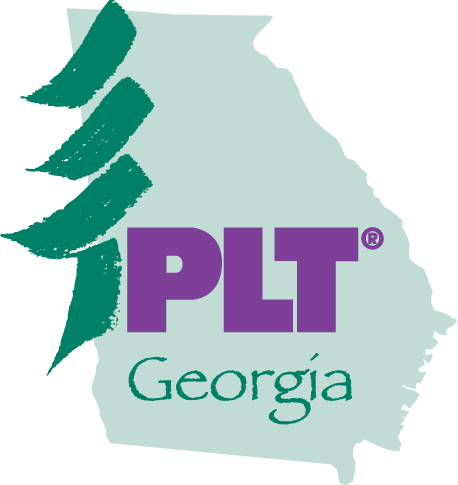Do you often see or hear birds but don’t know how to identify them? Birding is a safe outdoor activity, and you can use our custom birding bingo to get started! And be sure to come see us at UGA Aquarium for the World Migratory Bird Day celebration.
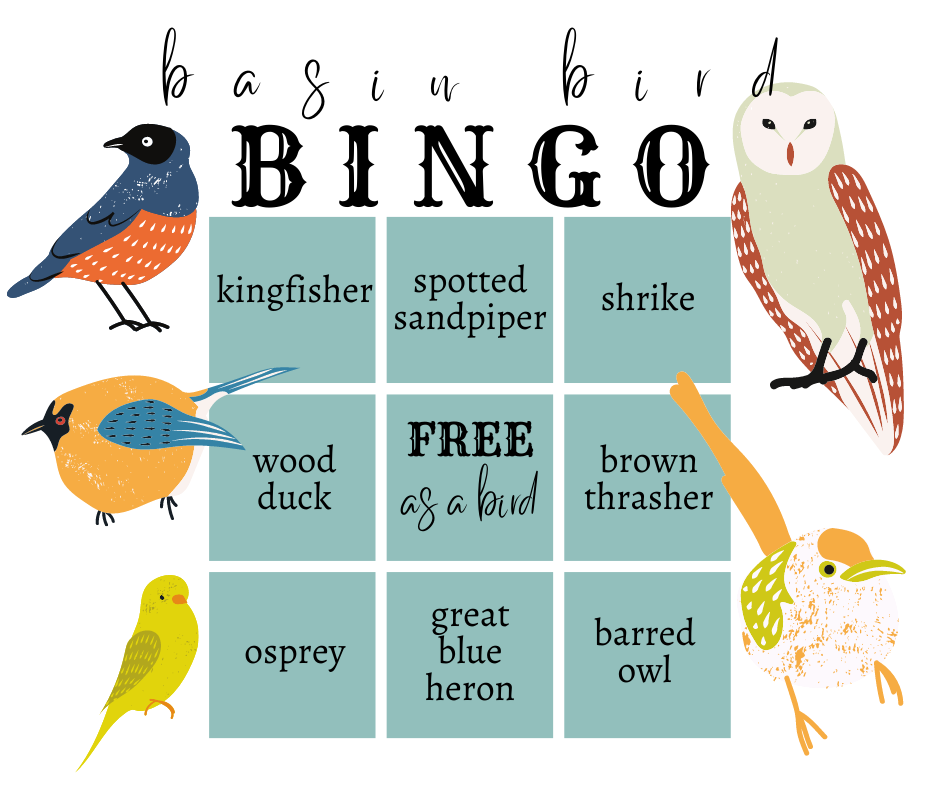
More than just pretty animals, birds are an important part of the ecological system, including the Ogeechee River basin. Various species inhabit different layers of the food web — from birds that eat seeds and insects to the most expert hunting predators. They keep populations in check.
They also help spread seeds and pollen which is vital for plant growth. Maintaining a healthy environment for birds to thrive is crucial to the balance of ecosystems locally and globally.
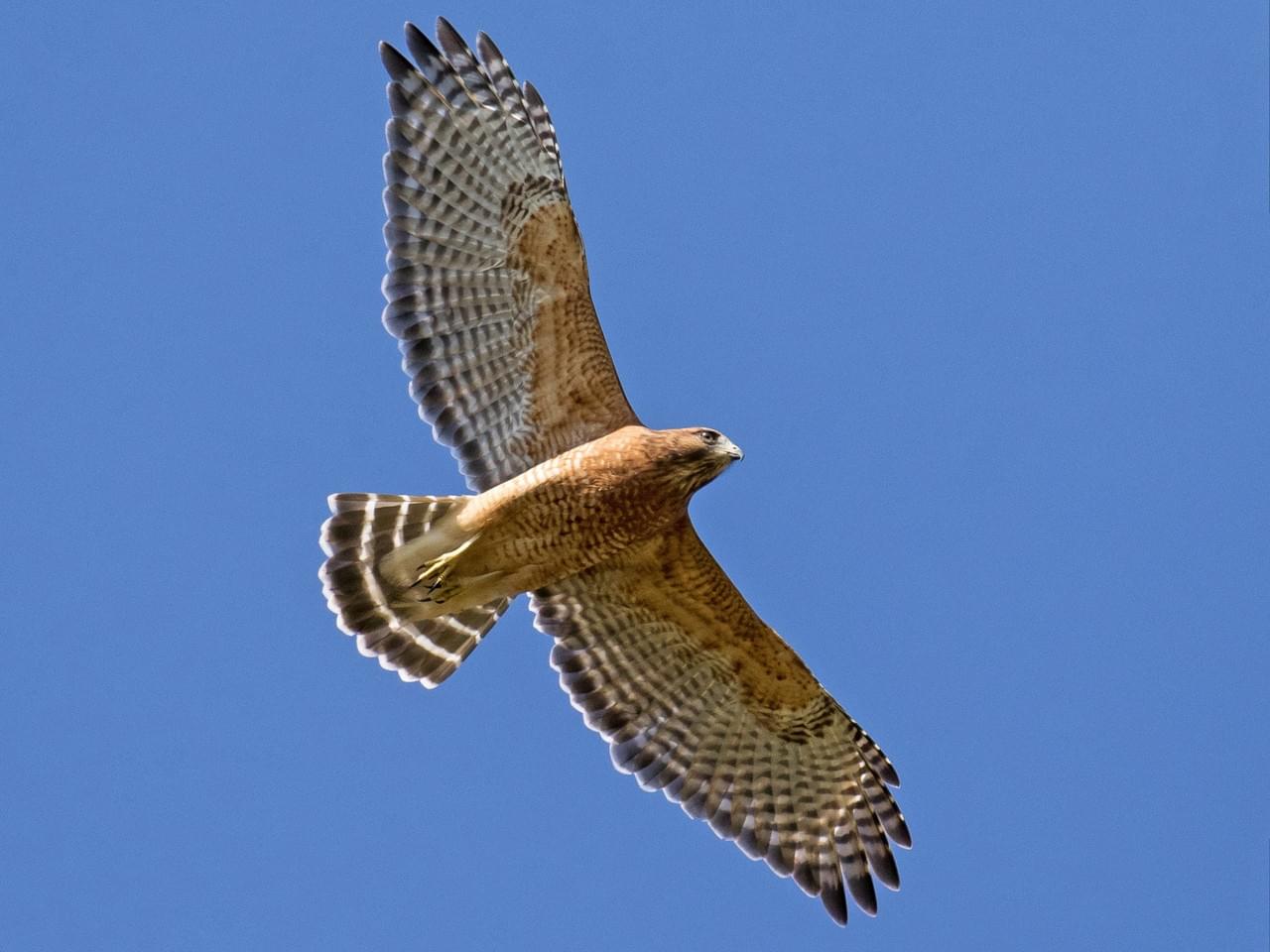
What is “birding”?
Birding is the act of birdwatching for recreational, research, or citizen science reporting purposes. Also known as ‘birdwatching,’ it’s the observation of birds in their natural habitats as a hobby or an amateur activity.
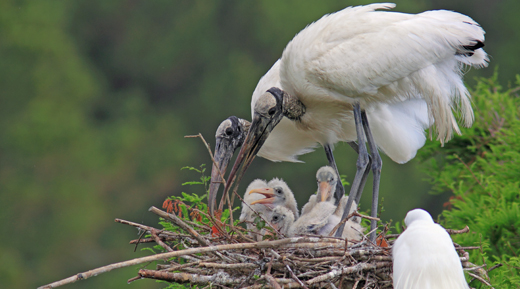
I see birds all the time, but I don’t know what I’m looking at.
Learn what to look or listen for when birding starting with color, shape, flight pattern, body size, bill or beak shape, calls and more.
Check out these sites for bird guides.
Rare birds in the ORK watershed
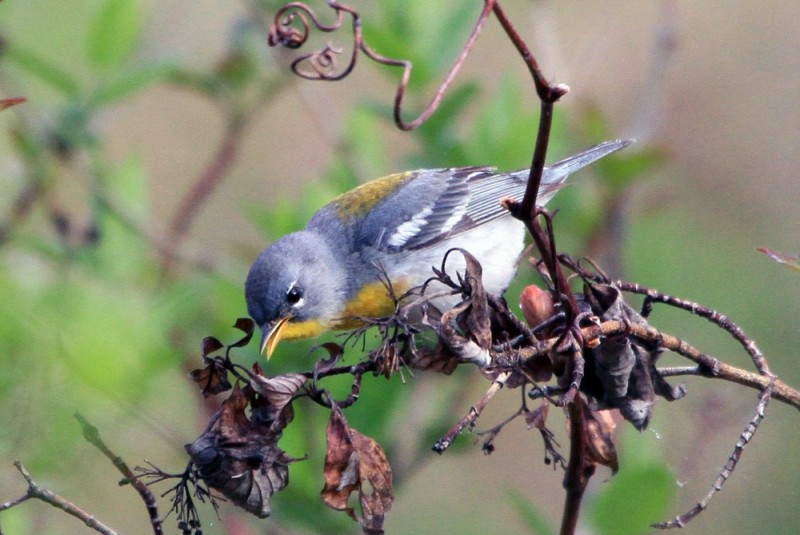
I’m enjoying this. How can I get better?
Consider purchasing a pair of binoculars (aka “bins”) and searching out local birding trails or sites. You might also join a local chapter of the Audubon Society, an organization dedicated to protecting birds and sharing resources for enthusiasts.
Coastal Georgia Audubon Society
Always follow the American Birding Association Code of Birding Ethics
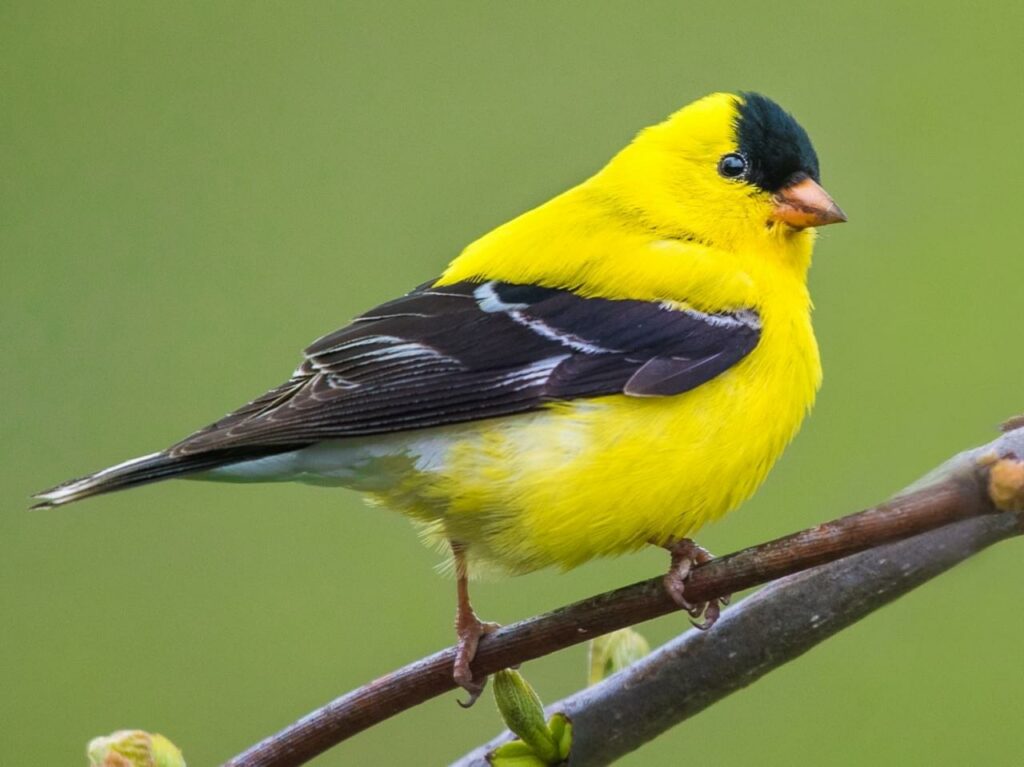
I want to share some of the amazing things I’ve seen. Is there a way to do that?
Engage in citizen science. Download the eBird app for free. It’s a digital way to keep track of the birds you see or hear while birding. This type of citizen science reporting — the collection of scientific data by amateur scientists — benefits the people participating as well as researchers.
Read about Isaiah Scott, birding enthusiast and local student
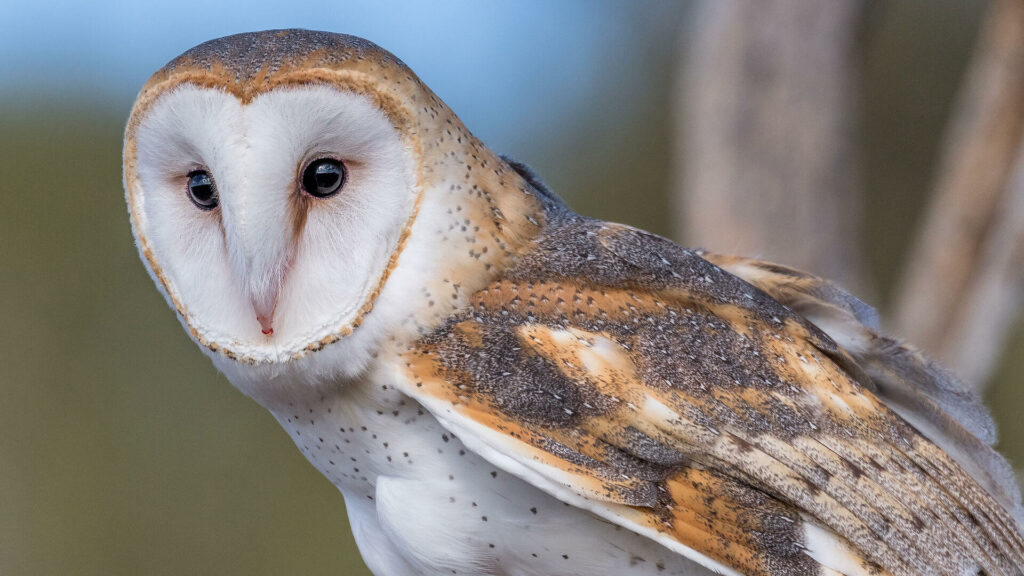
ORK Birding Activity
- Plan a birding trip in your backyard or neighborhood park, near a waterway or in a city greenspace.
- Download eBird and record what you see/hear. If you aren’t sure how to ID a certain bird, you can search through the Cornell Lab of Ornithology website by characteristics.
- Share your checklists with Ogeechee Riverkeeper through eBird by searching “Ogeechee Riverkeeper” or via ORK’s eBird profile.
You may also share your findings and photos through email at info@ogeecheeriverkeeper.org.
Tag us on social media with your research adventures and use #ORKOutside.
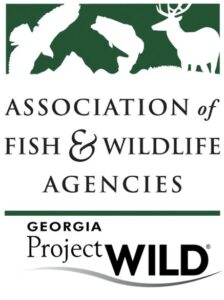 This activity is compatible with Project Wild “Bird Song Survey” activity which is geared towards middle and high school students in science and environmental education. Birding in general can be a fun family/friends outing for all ages, abilities, and environments.
This activity is compatible with Project Wild “Bird Song Survey” activity which is geared towards middle and high school students in science and environmental education. Birding in general can be a fun family/friends outing for all ages, abilities, and environments.
Activity is open to all ages and meets the needs or can be combined with other activities for the following Georgia Standards of Excellence in science, ecology, environmental science, and zoology.
- S3L2. Obtain, evaluate, and communicate information about the effects of pollution (air, land, and water) and humans on the environment.
- S4L1. Obtain, evaluate, and communicate information about the roles of organisms and the flow of energy within an ecosystem.
- SEC3. Obtain, evaluate, and communicate information to construct explanations of community interactions.
- SB6. Obtain, evaluate, and communicate information to assess the theory of evolution.
- SEC5. Obtain, evaluate, and communicate information on the impact of natural and anthropogenic activities on ecological systems.
